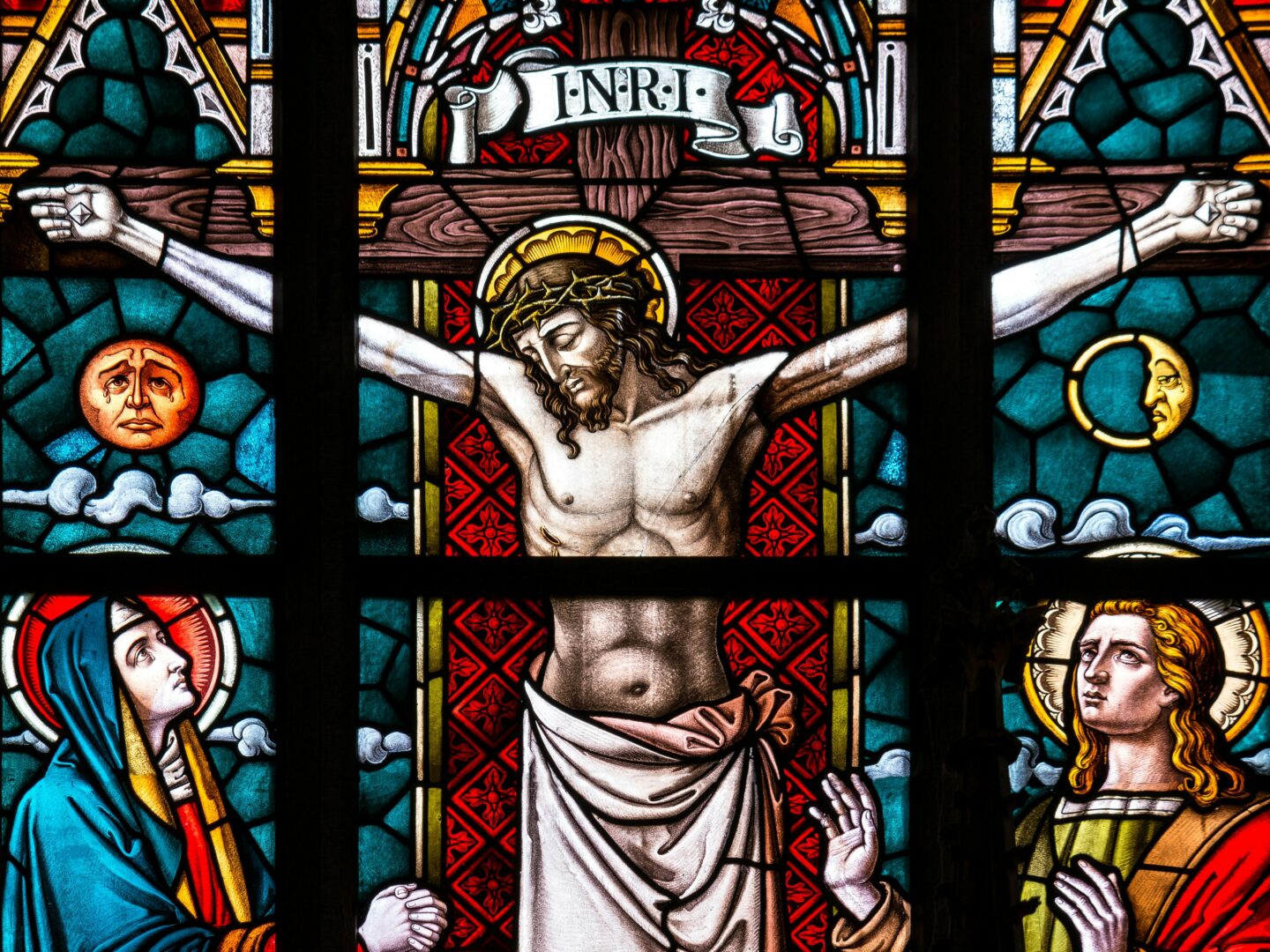“What would Jesus think of Occupy Wall Street?” I asked myself this week as I wandered the makeshift, blue-tarp village in Manhattan’s Zuccotti Park.
Born with little means into a first-century world, the historical Jesus might feel right at home with the very aspects of the occupation that so many 21st-century observers consider gross: the tents, the damp sleeping bags, the communal kitchen. Jesus would have sympathy, I think, with the campers’ efforts to keep a small space sanitary in the absence of modern plumbing.
It was about 9 in the morning, and some of the park’s inhabitants were just waking up. Scruffy, tattooed, abundantly bearded, these protesters looked not at all like the bright, shiny vanguard of a new, idealistic American left. What would Jesus think of the occupiers, who have been derided by their opponents as a ragtag group of tax evaders, interested only in sex, drugs and rock and roll? In the flesh, their unsavory appearance can make the heart of even the most convicted lefty hesitate before embracing their cause.
The Jesus of history would love them all. What Jesus really said, and what he meant, are the subjects of culture’s greatest controversies, but one thing is sure. Jesus gave preferential treatment to society’s outcasts. Lepers, tax collectors, prostitutes — all would attain heaven before the ordained elites. Jesus believed that God was about to right the world’s wrongs with a great upheaval — soon — and at that time, a radical reversal of the social order would occur. As he says in the gospels, the meek will inherit the earth.
Jesus would have sympathy, too, with the occupiers’ first complaint: that in America, the poorest have too little and the richest too much. In first-century Judea, a powerful ruling class held nearly all the wealth and most people lived at subsistence levels.
“Jesus believed the whole system was corrupt,” says Bart Ehrman, a professor of religious studies at the University of North Carolina. “The people who ran things were empowered by the evil forces of the world, and his followers had to work against these powers by feeding the hungry, housing the homeless and caring for the sick.” Jesus had a fit when he saw the money changers in the Temple and turned over their tables — a dramatization, Ehrman says, of the reversal that was imminent.
If he settled for a while in Zuccotti Park, Jesus might find himself disappointed in the fractious, secular nature of it all. For Jesus, the first thing — the only thing, really — was God. His ministry was an effort to help guide people toward a kind of moral perfection before the coming of the Kingdom of God.
Thus, he might have sympathy for the various causes espoused by the campers (end hydrofracking, tax the rich, support the unions, cap executive pay). But he would be frustrated by the protesters’ inability to name America’s much bigger dysfunction: our inability to get our moral priorities straight and care for our neighbors who need our help.
The protesters don’t talk much about Jesus or God. Nor do they offer explicit guidance on transcendent, higher principles. It’s easy, therefore, to complain, as Iranian American writer Sohrab Ahmari did in the Huffington Post this month, that they’re morally unserious. The protesters can come across as childish whiners screaming, “It’s not fair,” without offering a collective moral vision.
A lesson from Jesus might show them that they have moral authority within their grasp, only it won’t be conveyed through banners or sound bites. Their most radical act is the company they keep. Jesus instructed his followers to be like little children. Only by emulating and caring for the “least of these” would they inherit heaven.
At Zuccotti Park and other Occupy sites, the temporarily unemployed stand shoulder to shoulder with the truly homeless; the media-savvy organizers lie down with the whacked-out babblers. The unsavory aspect of this group is its greatest asset. Every time a powerful person denigrates the occupiers; every time a member of the established elite takes a swipe at them from on high (as George Will did in this newspaper), the occupiers’ moral authority is reaffirmed when they stand together.
If the Jesus of history could wander the precincts held by the occupiers, “he’d see his people,” says Marisa Egerstrom, a graduate student at Harvard University who organized a posse of chaplains to volunteer at Occupy sites. “I think he would be pretty pleased.”
